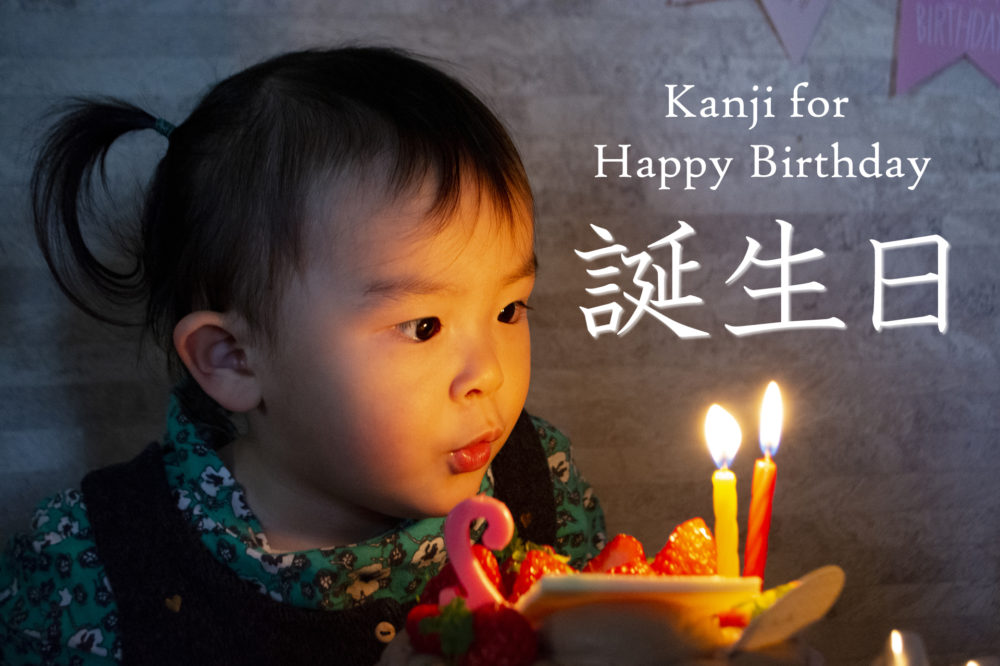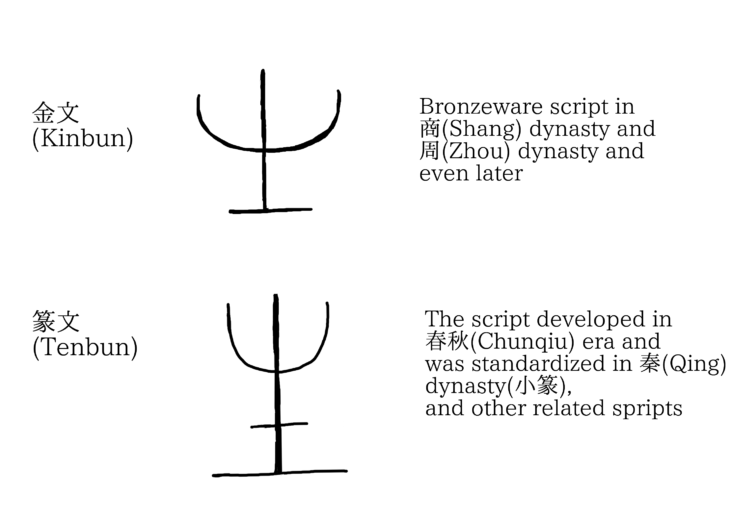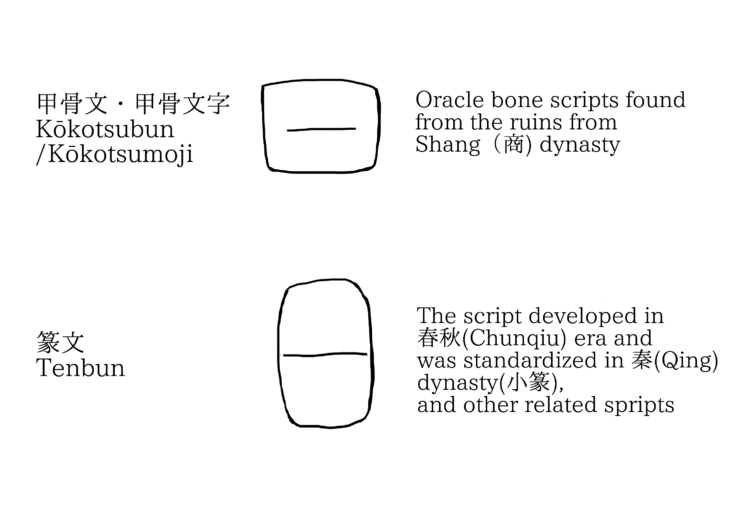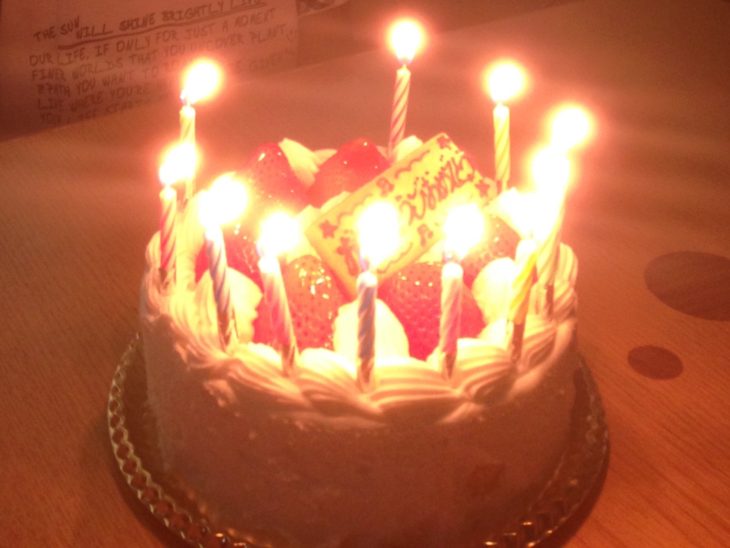Share this link via
Or copy link
One of the best Japanese Kanji dictionary.

in Japanese, it has to be a combination of Kanji and Hiragana. It is written 「お誕生日おめでとう!」.
Contents
In Chinese, you can say it with just using Kanji (or Hànzì, Chinese characters) “生日快乐!” (Shēngrì kuàilè!) – 生日 meaning “birthday” and 快乐 meaning “congratulations.”
Birthday is written「誕生日」(tanjōbi) in Kanji. You need to put 「おめでとう」(omedetō) meaning “congratulations” after that.
「誕生」 is a noun for “birth,” and 「日」means “day.”
Unfortunately, there are no words for “Wish you all the best!”
There are three major phrases to celebrate somebody’s birthday.




The 延 part originally represented the sound “en,” however, this Kanji is no more pronounced as “en.” Onyomi of this Kanji used in modern Japanese is “tan” or “dan.”
It is usually used for nouns about birth, like「誕生」(tanjō, birth),「降誕」(kōtan, the Nativity),「生誕」(seitan, birth).「誕生」is generally used for ordinary people, or even for things. 「生誕」is used for famous people, especially for their anniversaries. For example,「生誕百年」(Seitan hyakunen) means “a hundredth anniversary of a person’s birth.”
Although there are other meanings of this character on the Kanji dictionary, such as “to lie,” “broad,” or “arbitrary,” they are hardly used in modern Japanese.

生 is a pictogram that trees or grasses have come up and means “to germinate” and “to live.”

日 is the pictogram for the sun. It means “the sun” or “the day.”
You can use Kanji for「おめでとう」if you want to, which is「お目出とう」, but nowadays, Japanese people seldom use it. It is just a「当て字」that borrows the sounds of 「目」(me, the eyes) and 「出」(de, to go out), and there is no relationship with the meanings of those Kanji characters.
Japanese people celebrate birthdays, usually with their families or lovers. Some small children might have birthday parties with their friends.
Usually, people prepare birthday cakes. If the birthday boy or girl is a small child, parents stand the same number of candles as his or her age. However, as they grow, it would be a bother to stand so many candles, so it would be like just standing three candles for a 30-year-old person’s birthday.

A typical birthday cake in Japan
With everyone surrounding the cake with the candles lit, they sing the “Happy Birthday to you” song in Japanese pronunciation and the birthday boy or girl will blow out the candles. Then it’s time to give birthday presents.
Here is the video of the Japanese version of the “Happy Birthday to you” song.
The subtitles of this video are in English, but actually, they are singing in Japanese pronunciation, mimicking the English sound.
Here are the lyrics;
ハッピーバースデートゥーユー(Happī bāsudē to* yū)
ハッピーバースデートゥーユー(Happī bāsudē to* yū)
ハッピーバースデーディアXX(name) (Happī bāsudē dia XX)
ハッピーバースデートゥーユー(Happī bāsudē to* yū)
*There is no Romaji to express the sound 「トゥー」 since it initially didn’t exist in Japanese. Just pronounce it like “to” in English.
since it initially didn’t exist in Japanese. Just pronounce it like “to” in English.
If you have a Japanese friend, celebrate his or her birthday in Japanese!
They should definitely be happy to hear the words of congratulation from you!
What is Onyomi?
Onyomi, also known as the "Sino-Japanese reading," is one of the two main reading systems for kanji characters in Japanese. It refers to the reading of a kanji character that is derived from the original Chinese pronunciation.
What is Kunyomi?
Kunyomi, also known as the "native Japanese reading," is one of the two main reading systems for kanji characters in Japanese. It refers to the reading of a kanji character that is based on the native Japanese pronunciation. Kunyomi readings are often used when a kanji character stands alone or is followed by hiragana, as in verbs and adjectives. Mastering both kunyomi and onyomi is crucial for understanding and using kanji effectively in the Japanese language.
What is Radical?
A radical, also known as "bushu" in Japanese, is a fundamental component of kanji characters. Radicals are the building blocks of kanji and are used to categorize and organize them in dictionaries. There are 214 traditional radicals, each with its own meaning, which often provides a clue to the meaning of the kanji character it forms.
What is strokes?
Stroke count, or "kakusuu" in Japanese, refers to the number of individual brushstrokes required to write a kanji character. Each kanji has a specific stroke order and stroke count, which are essential for writing the character correctly and legibly. Understanding and following the correct stroke order not only ensures proper balance and aesthetics but also makes writing more efficient and fluid.